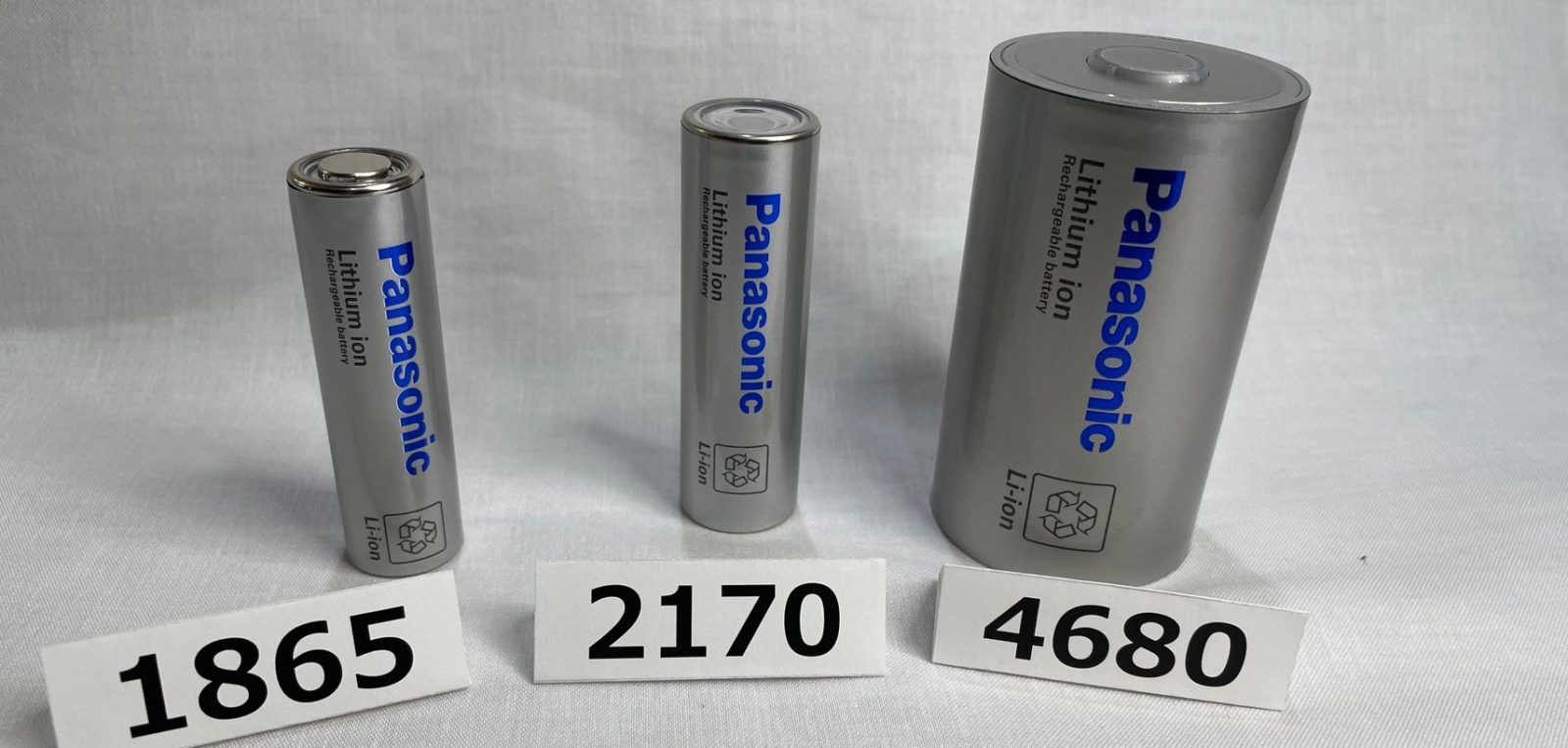
Panasonic, which grew into a major battery cell supplier in the EV industry through its partnership with Tesla, is now teasing some important improvements in battery capacity.
Back in the early 2000s, Tesla approached every battery manufacturer in the world with its idea of using Li-ion cylindrical battery cells – primarily used to power laptops at the time – to power electric vehicles.
They all shut them down except for Panasonic.
It took some convincing, but the Japanese manufacturer started a long relationship with Tesla that propelled the smaller battery manufacturer into the EV space and turned into a top supplier in the auto industry.
The relationship involved over the years with projects like Gigafactory Nevada where Panasonic produces battery cells under Tesla’s roof.
The two companies have also been sharing technology and working on battery chemistry together to improve performance and cost.
Today, Reuters reported on comments by Shoichiro Watanabe, CTO of Panasonic Energy and the leader of the partnership with Tesla for the Japanese company, in which he stated that the firm is looking at a 20% improvement in energy density in its battery cells within the end of the decade:
Panasonic Energy Co, a major Tesla supplier, is working on new technology to increase battery energy density by a fifth by 2030, the Japanese company’s chief technology officer told Reuters.
It could enable longer range in existing electric vehicles, lighter and more efficient vehicles with the same range, or even expanding electrification to new segments like planes.
Panasonic is reportedly looking at new additives in electrolytes to achieve higher voltage in order to achieve these improvements:
Panasonic Energy, a core Panasonic Holdings unit, plans to achieve those gains by using a new mix of additives to allow individual cells to run at a higher voltage without damaging the batteries’ performance, Shoichiro Watanabe said in an interview.
According to the report, a 20% increase in energy density would likely bump the cells currently produce by Panasonic for Tesla from 750 Wh/l today to about 900 Wh/l.
Ideally, Panasonic wants to up the voltage from 4.2 volts to 4.5 or 4.6 volts. Watanabe said:
If we can get that to 4.5 or 4.6 volts, I think the whole world view in terms of what’s possible for EVs would change.
The firm is also looking into longevity, which has room for improvement.
We recently reported on Tesla looking into a new nickel and manganese-based battery cell that could last 100 years without significant degradation.
Panasonic wouldn’t comment when exactly when the energy density increase would come beyond that it would this decade.
The company is currently working with Tesla to start production of its new 4680 battery cell format that is expected to come with some significant capacity improvements. Panasonic is expected to start production next year.
FTC: We use income earning auto affiliate links. More.







Comments